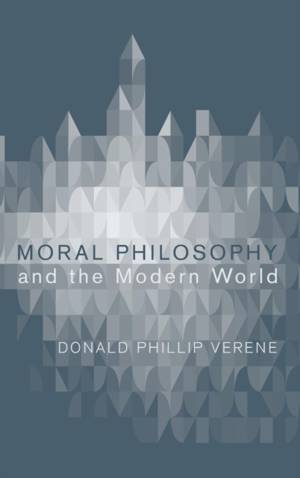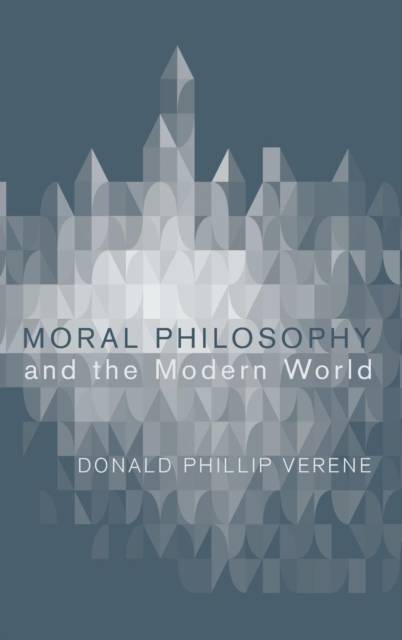
Door een staking bij bpost kan je online bestelling op dit moment iets langer onderweg zijn dan voorzien. Dringend iets nodig? Onze winkels ontvangen jou met open armen!
- Afhalen na 1 uur in een winkel met voorraad
- Gratis thuislevering in België vanaf € 30
- Ruim aanbod met 7 miljoen producten
Door een staking bij bpost kan je online bestelling op dit moment iets langer onderweg zijn dan voorzien. Dringend iets nodig? Onze winkels ontvangen jou met open armen!
- Afhalen na 1 uur in een winkel met voorraad
- Gratis thuislevering in België vanaf € 30
- Ruim aanbod met 7 miljoen producten
Zoeken
€ 56,95
+ 113 punten
Uitvoering
Omschrijving
This work raises for the contemporary reader the ancient and abiding question of the nature and meaning of human virtue. In Part 1, it draws upon Plato, Aristotle, and Cicero and the works of Renaissance Christian humanists who were influenced by them, such as Pico, Vives, and Erasmus. The moral act guided by the cardinal virtues and the good is seen as the key to human happiness and the formation of character. Character is the basis for the pursuit of self-knowledge, decorum, and dignity, which properly guide human affairs. Part 2 takes up Hegel's principle of the labor of the negative as applied to three phenomena of modern life: the presence of terrorism, the personality of the psycho-sociopath, and the problems of the technologically dominated life of the modern person. These are the most powerful impediments to the good life in the modern world and pose problems to which the ethical doctrines of utilitarianism and the categorical imperative provide an insufficient response. To confront these phenomena, we are led back to the classical conception of the role of prudence or practical wisdom as the foundation of ethical life.
Specificaties
Betrokkenen
- Auteur(s):
- Uitgeverij:
Inhoud
- Aantal bladzijden:
- 162
- Taal:
- Engels
Eigenschappen
- Productcode (EAN):
- 9781498216241
- Verschijningsdatum:
- 27/08/2013
- Uitvoering:
- Hardcover
- Formaat:
- Genaaid
- Afmetingen:
- 152 mm x 229 mm
- Gewicht:
- 412 g

Alleen bij Standaard Boekhandel
+ 113 punten op je klantenkaart van Standaard Boekhandel
Beoordelingen
We publiceren alleen reviews die voldoen aan de voorwaarden voor reviews. Bekijk onze voorwaarden voor reviews.











